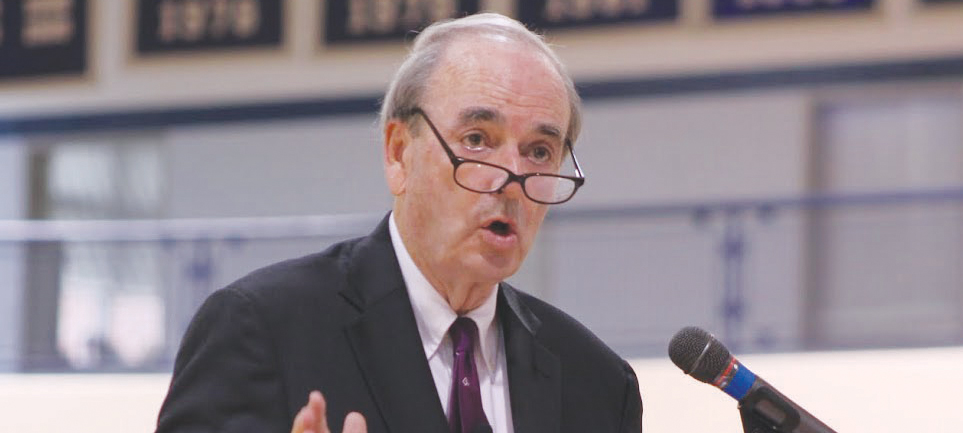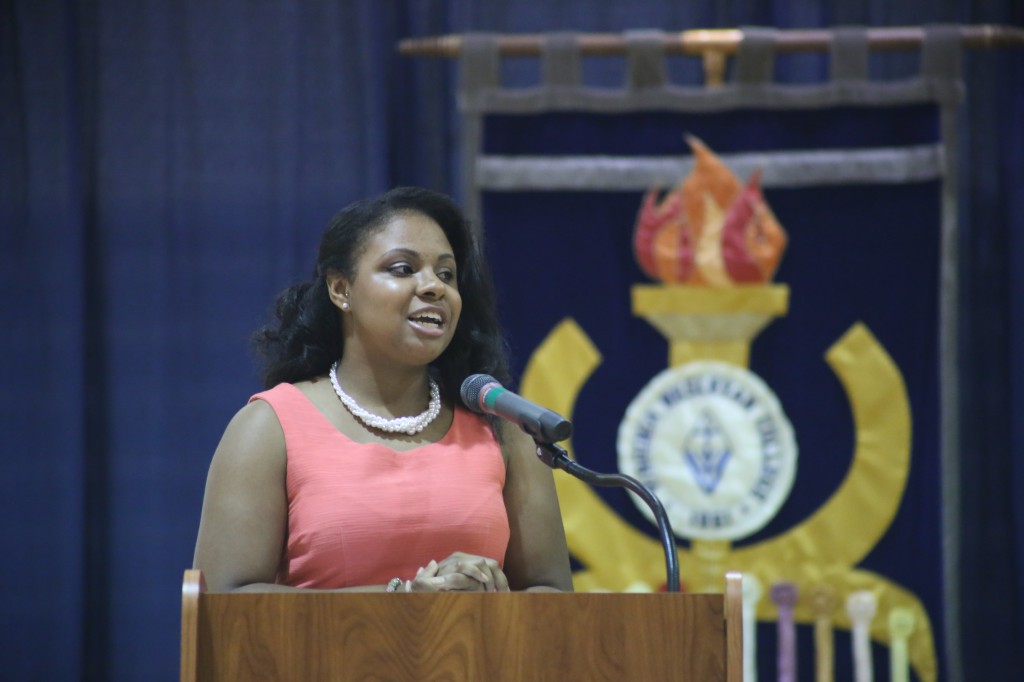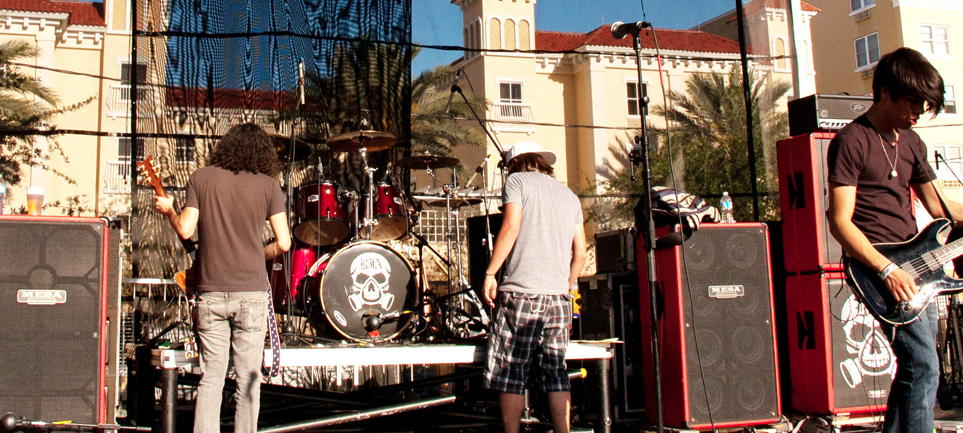As of March 2, over two million Virginians have been vaccinated with at least one dose of a vaccine to combat against COVID-19, which is 15.5% of the population. Nearly 700,000 Virginians have been fully vaccinated, and in the city of Virginia Beach, over 31,000 individuals have been fully vaccinated.
The Centers for Disease Control and Prevention (CDC) has issued guidance that vaccines are an important tool to stopping the pandemic by safely building protection from the coronavirus. The first two vaccines authorized and recommended by the CDC were the Pfizer-BioNTech COVID-19 Vaccine and Moderna’s COVID-19 Vaccine. Both vaccinations are mRNA vaccines, but differ in the minimum age and days between shots.
The U.S. Food and Drug Administration (FDA) authorized the emergency use of the Pfizer-BioNTech COVID-19 vaccine in individuals 16 years of age and older under an Emergency Use Authorization (EUA). There are two shots, which are done in the muscle of the upper arm and competed 21 days apart.
The FDA also authorized the emergency use of the Moderna COVID-19 vaccine to prevent COVID-19 in individuals 18 years of age and older also through the use of an EUA. There are two shots which are both done in the muscle of the upper arm and completed 28 days apart.
On Feb. 27, the FDA announced that they issued another EUA for a third vaccine, which was developed by the Janssen Pharmaceutical Companies of Johnson & Johnson. A press release published by Johnson & Johnson stated that it will be given as an injection into the muscle and that is a single dose unlike the two doses of the Pfizer-BioNTech and Moderna vaccinations.
Dr. Kathy Stolley, professor of sociology, has had the first dose of the Moderna vaccine at the local Sentara vaccination location and explained that it was well organized and a positive experience. Stolley recommends to those that feel uneasy about the COVID-19 vaccine to examine what credible scientists have been saying who have been studying this subject for years.
“This vaccine was developed in a short period of time because it builds on extensive previous vaccine research and science is moving at a faster pace,” Stolley said. “We are seeing science rolling out in real time and in public space.”
She also mentioned how scientific debates are now happening in the public eye, which is not something that has happened in the recent past. “It is also getting a lot more attention since this is a catastrophic event. This can be a new perspective for those not involved in research to see that science is continually progressing and recommendations can change,” Stolley said. Examples of these scientific debates include whether to wear a mask, what mask to wear, and whether to wear one mask versus two masks.
The vaccine also has implications for students planning on studying abroad. Sophomore Devin Calpo is enrolled in the Global Scholars Program here at Virginia Wesleyan University and was assigned his home institution through the International Student Exchange Program (ISEP) in Nijmegen, Netherlands. Students in this program must take the semester abroad pre-departure course with the Lighthouse’s Study Away Program Director, Ms. Mandy Reinig, which teaches necessary skills such as budgeting and cultural tolerance.
Presently, Calpo and Reinig are confident about his travels to Nijmegen in the fall even though COVID-19 poses challenges. “There will probably still be various restrictions in place there like facial coverings, but overall as long as I have the expectation in place it feels that COVID-19 will hopefully have a minimal impact on the trip,” Calpo said.
With reference to the vaccine, they expect the study abroad students to have the vaccine before they travel. “In regards to the directions, the hope is that the rollout of vaccines would have plenty of time to reach our population to get it. Given about six months, that is a huge fault of our state government if we are unable to have the vaccines out to a lot of people by then,” Calpo said. “The school is unable to really have a plan where there is a step by step. Rather, it is ‘just wait till it is your turn.’”
Additionally, the vaccination process has illuminated healthcare discrepancies that certain communities face. “This vaccination process has highlighted not only domestic inequalities, but also global inequality issues as well because some countries still lack access to the vaccine,” Stolley said. “There are also broader implications such as changes in healthcare systems beyond the pandemic like the rise of telemedicine and being forced to confront the inequalities in our country and the world.”
For those interested in a healthcare-related career or want to gain greater insight into how the system works, Stolley recommends that they take SOC 351 Medical Sociology because it covers a wide variety of topics regarding healthcare. “We look at the micro-level which deals with patients and caregivers and their interactions,” Stolley said. “We also look at macro-level healthcare systems as well like hospitals, insurance companies, plus culture, and the environment. Healthcare as a social institution is critical for society and individuals.”
By Connor Merk
ccmerk@vwu.edu



